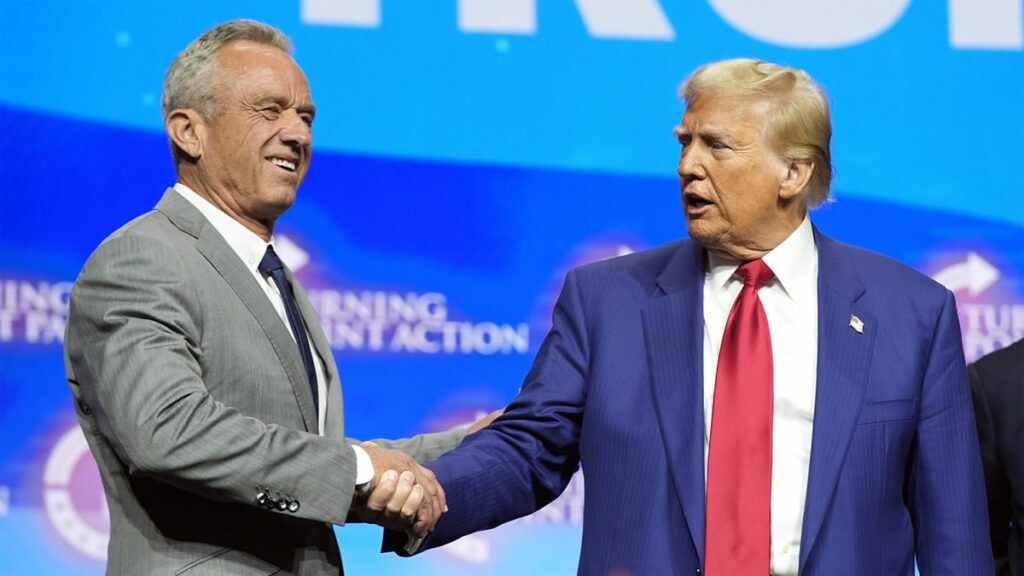As President-elect Donald Trump prepares to take office, experts in the tobacco and nicotine industry weigh in on the potential impact of his administration on U.S. tobacco policy. While Trump's nomination of Robert F. Kennedy Jr. as Secretary of Health and Human Services (HHS) introduces uncertainty regarding the future of tobacco harm reduction (THR) policies, his campaign promises to "save vaping" and criticized the Biden administration's stricter regulatory approach have raised hopes for a more industry-friendly environment.
Trump's First Term Offers Clues to Future Policy Direction
During his first term, Trump proposed shifting tobacco regulation from the FDA to a dedicated agency within the HHS to streamline oversight and reduce regulatory challenges for the industry. With his re-election, this idea may resurface, according to Barnaby Page, the editorial director of ECigIntelligence.
While a broader trend toward deregulation is anticipated, driven by Trump's general antipathy toward bureaucracy and the federal civil service, public health advocates worry that this might weaken protections, particularly for youth and vulnerable populations. Politicization of key agencies like the FDA could lead to streamlined processes and relaxed standards for nicotine products, but this shift could backfire, as future administrations could use this control to impose stricter regulations.
Loathing of Bureaucracy May Lead to Dismantling of Stifling Frameworks
Tobacco harm reduction expert Clive Bates, in his blog "Bringing the Flamethrower of Reform to FDA's Center for Tobacco Products," presents a detailed critique of the FDA's CTP for its handling of tobacco and nicotine regulation. Bates argues that the CTP's approach stifles innovation, disproportionately favors big companies, and ignores public health advancements by obstructing access to lower-risk nicotine products, such as e-cigarettes.
Trump's appointments of high-profile entrepreneurs Elon Musk and Vivek Ramaswamy to lead a new advisory body called the "Department of Government Efficiency" (DOGE) suggests a commitment to re-evaluating longstanding bureaucratic practices and potentially reshaping regulatory approaches. Given their shared backgrounds in technology, innovation, and market disruption, both appointees bring a mindset focused on agility, cost-efficiency, and consumer-centric thinking—qualities often at odds with traditional government structures.
Potential for Meaningful Reform within CTP's Regulatory Framework
Bates expresses hope that Musk and Ramaswamy's involvement holds significant implications, particularly for the CTP, which oversees the costly Premarket Tobacco Application (PMTA) requirements. By advocating for streamlined processes and a more risk-proportionate approach to tobacco and nicotine regulation, DOGE could push for reforms that enhance both consumer safety and market accessibility.
While the Trump administration's potential impact on U.S. tobacco policy remains uncertain, the insights provided by industry experts suggest that significant changes may be on the horizon. However, the long-term consequences of these changes, particularly in terms of public health and youth protection, remain a concern for many.

Vape Content Creator | Flavor Reviewer | Lifestyle & Vape Culture Editor
Emily Carter is a vape-focused content creator specializing in flavor reviews, device aesthetics, and lifestyle-oriented vaping content. With hands-on experience testing disposable vapes and pod systems, Emily delivers clear, visually driven insights designed for adult consumers.








